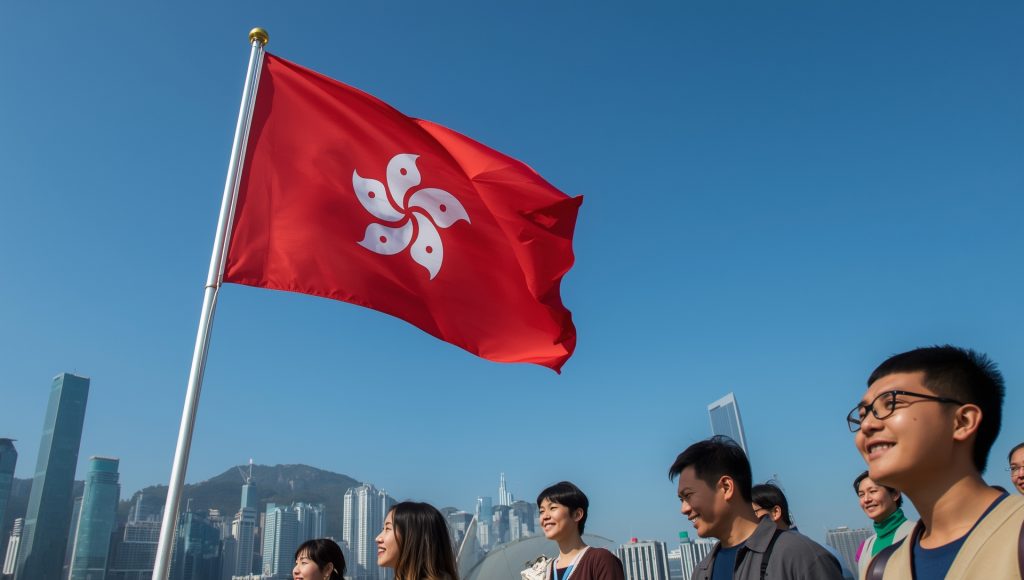Every October 1, Hong Kong lights up with color, sound, and unity to mark its National Day. The date honors the founding of the People’s Republic of China in 1949 and Hong Kong’s continuing role within it. Streets fill with flags, families crowd harbors for fireworks, and performers bring joy to packed squares. The day reflects both civic pride and remembrance of Hong Kong’s distinct path through British rule to Chinese sovereignty. From Victoria Harbour’s grand displays to quiet community gatherings, every scene carries echoes of shared history. Behind the parades lies a deeper story of identity, change, and resilience. How did a former colony evolve into one of the world’s busiest cities while keeping its spirit alive? This holiday reminds everyone that Hong Kong’s journey is as complex as it is vibrant.
Key Takeaway
Hong Kong National Day celebrates the founding of the People’s Republic of China on October 1, 1949.
The holiday in Hong Kong reflects unity, cultural pride, and remembrance of its historical transition from British to Chinese governance.
Timeline
Day Activities
-
Families and visitors gather at Victoria Harbour to watch dazzling fireworks and light shows across the skyline.
-
Schools, civic groups, and organizations host flag-raising ceremonies and concerts celebrating cultural unity.
-
Locals enjoy street performances, lantern displays, and food fairs that mix Chinese traditions with Hong Kong flair.
Interesting Facts
1. Shared Date
China’s National Day on October 1 is celebrated in mainland China and Hong Kong simultaneously.
2. Special Region
Hong Kong is a Special Administrative Region, maintaining separate systems from mainland China.
3. Harbor Fireworks
The Victoria Harbour fireworks show is among the city’s most famous annual spectacles.
4. Flag Ceremony
A flag-raising event at Golden Bauhinia Square is a key tradition.
5. Local Flavor
Food stalls feature dim sum, mooncakes, and Cantonese favorites during the festivities.
Why We Love This Day
-
Shared heritage meets local pride. Hong Kong National Day honors China’s founding yet keeps the city’s distinct identity visible. Cultural shows, lion dances, and local music blend national celebration with Cantonese character, proving unity can thrive amid diversity.
-
History feels alive. The day connects Hong Kong’s colonial past and its modern Chinese era. Watching the fireworks or parade reminds people how far this city has come. Every generation sees its own meaning in the celebrations, linking personal memory with national story.
-
Community spirit shines. Families fill public spaces, waving flags and taking photos as boats light up the harbor. The shared excitement builds connection between strangers. Amid skyscrapers and noise, National Day brings moments of belonging that few other holidays match.
Past & Future Dates
| Month | Day | Year |
|---|---|---|
| OCTOBER | 1 | 2022 |
| OCTOBER | 1 | 2023 |
| OCTOBER | 1 | 2024 |
| OCTOBER | 1 | 2025 |
| OCTOBER | 1 | 2026 |
| OCTOBER | 1 | 2027 |
| OCTOBER | 1 | 2028 |
